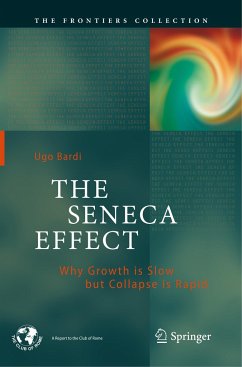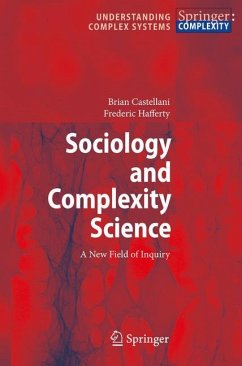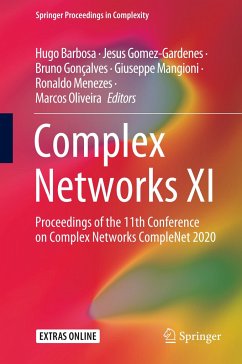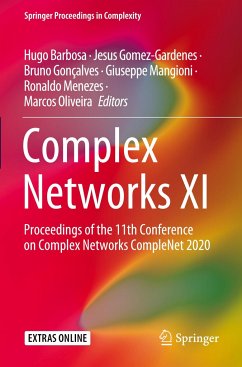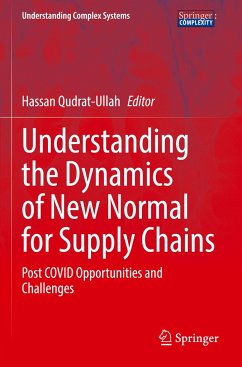
Repair
When and How to Improve Broken Objects, Ourselves, and Our Society

PAYBACK Punkte
0 °P sammeln!
This book propagates a new way of thinking about managing our resources by integrating the perspectives of complex systems theory and social psychology. By resources, the authors mean objects, such as cell phones and cars, and human resources, such as family members, friends, and the small and large communities they belong to. As we all face the "replace or repair" dichotomy, readers will understand how to repair themselves, their relationships, and communities, accept the "new normal," and contribute to repairing the world. The book is offered to Zoomers, growing up in a world where it seems ...
This book propagates a new way of thinking about managing our resources by integrating the perspectives of complex systems theory and social psychology. By resources, the authors mean objects, such as cell phones and cars, and human resources, such as family members, friends, and the small and large communities they belong to. As we all face the "replace or repair" dichotomy, readers will understand how to repair themselves, their relationships, and communities, accept the "new normal," and contribute to repairing the world. The book is offered to Zoomers, growing up in a world where it seems everything is falling apart; people in their 30s and 40s, who are thinking about how to live a fulfilling life; people from the Boomers generation, who are thinking back on life and how to repair relationships. The Reader will enjoy the intellectual adventure of connecting the natural and social worlds and understanding the transition's pathways from a "throwaway society" to a "repair society.







